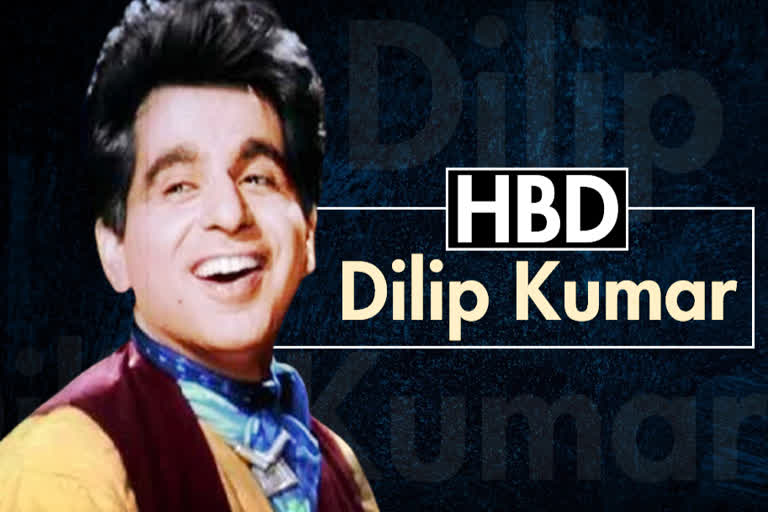Hyderabad: Dilip Kumar is among those unparalleled actors who enriched the Hindi cinema with their craft. Whether it is his portrayal of Prince Salim in Mughal-E-Azam or a blind singer in Deedar or a toy seller in Daag, all his performances are marked with his impeccable ability to immerse himself completely into the world that the character belongs to.
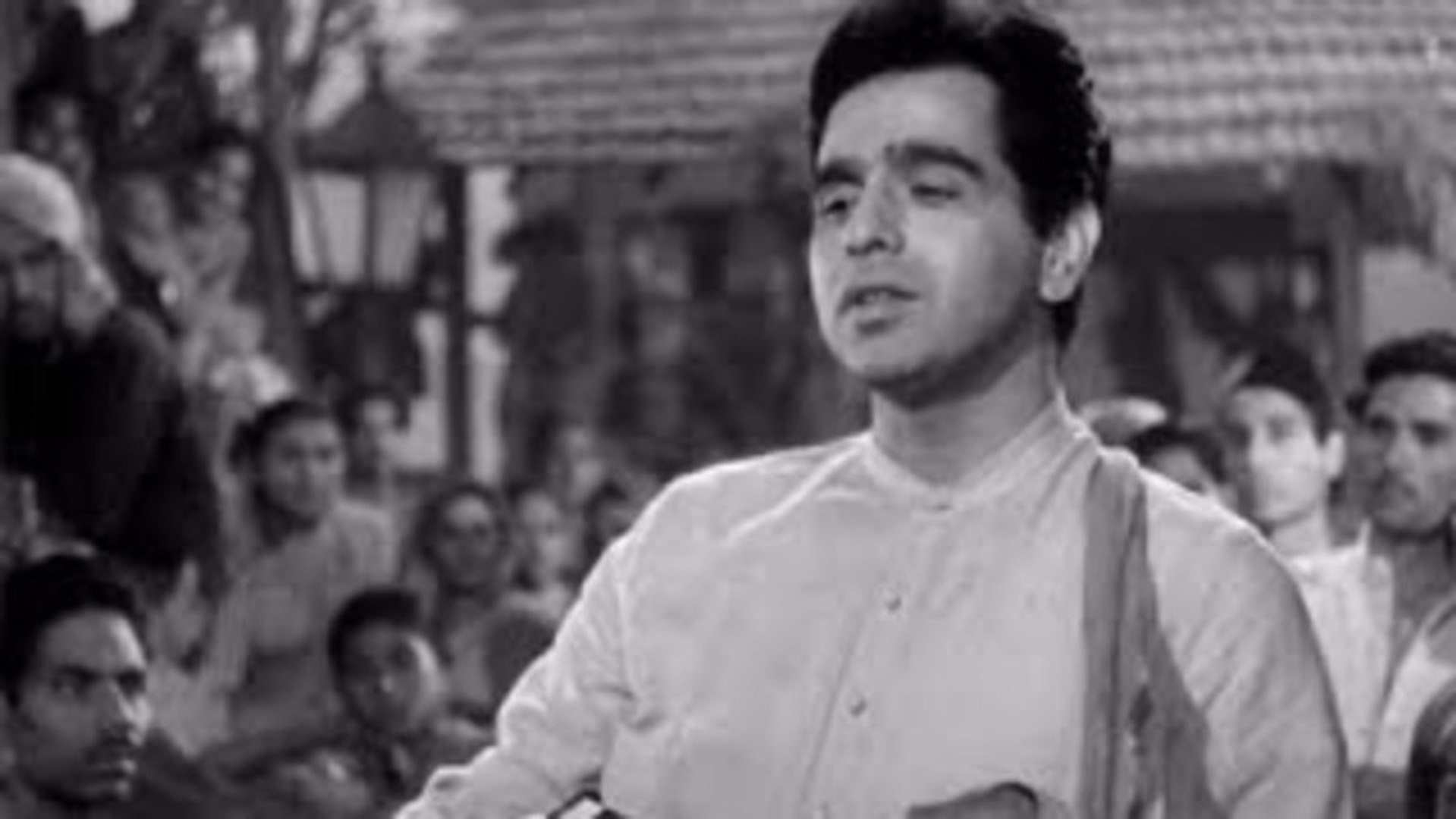
Legendary screenwriter Javed Akhtar opines that Dilip Kumar is the first actor in the world who had independently found and mastered the technique of method acting. Akhtar in a show that he used host had said that though Hollywood icon Marlon Brando rose to worldwide fame as the master of the technique the world failed to notice his counterpart from the East.
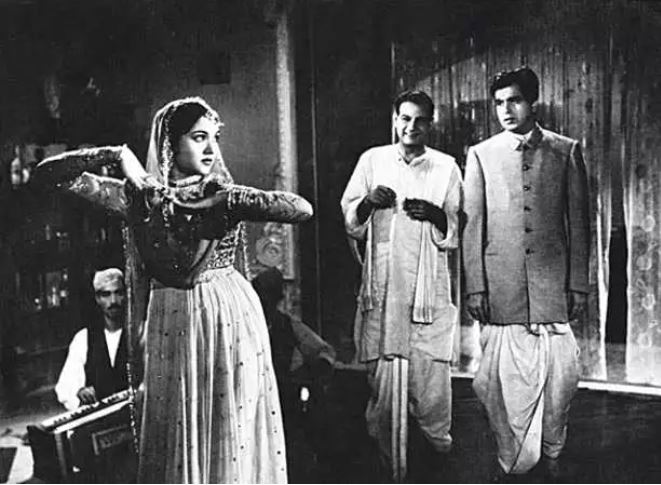
Talking about his craft, the legendary actor had once said that he does not approach the character as a different person and tries to understand the foundations of the character. In today's time and age of acting schools and grooming academies, the actors are acquainted with what goes behind a nuanced performance before they face the camera. But for one who landed in front of the camera straight from the fruit market, it was commendable to develop his own technic of completely divorcing his personality to bring what is written to the life onscreen.
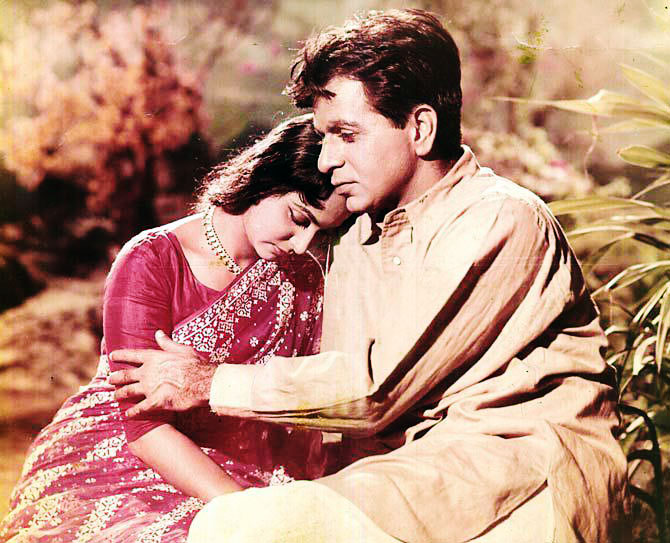
This capacity to understand characters did not come from formal training but the love of reading literature as varied as Shakespeare, Chekhov, Premchand and Ghalib, revealed his autobiography titled The Substance and The Shadow.
READ | Dilip Kumar, Saira Banu spotted twinning in pink
He belongs to the Golden Era of Hindi cinema where the stories had a strong essence of Bharat and melodies that still find a place in music lovers' playlist. Cinema as an art form is over a century old in the country but there is no parallel to the rule that the thespian enjoyed for three decades.
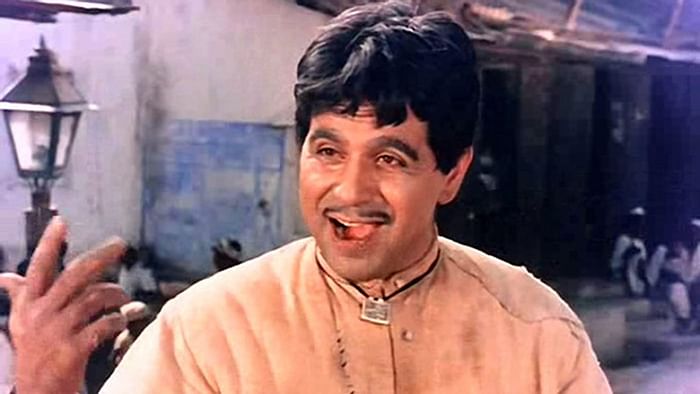
In a career as illustrious as his, it is hard to dodge the stereotype. Though the tag of Tragedy King got attached to him critics hardly found him running out of tricks. The stalwart had once said, "It is repetitive only when you keep on repeating the same personality over and over again," and perhaps that is why he never gave in to the temptation of capitalizing on his real charming personality.
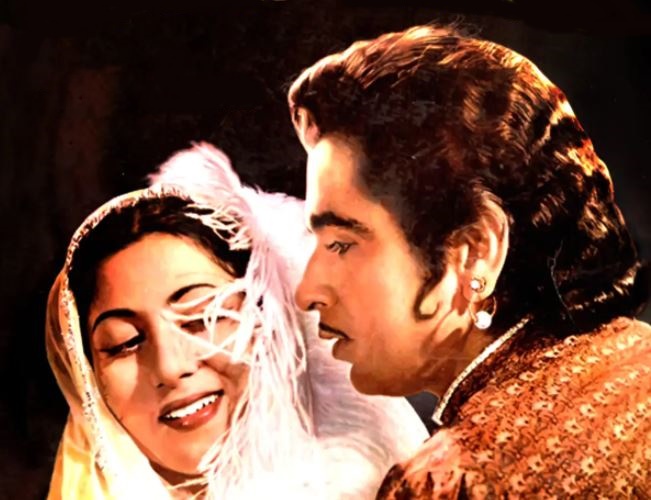
Such was his honesty for the craft that back in those days it was widely reported that he was so consumed by the intense roles that he had to seek the help of a psychiatrist to deal with it. To get rid of the gloom that had crept into his being, the psychiatrist advised him to switch the genre. Consequently, the King of Tragedy signed lighthearted dramas like Aan, Azaad and Kohinoor, in an attempt to give himself a breather from the emotionally draining roles. The actor learnt his lesson and learnt it so well that he could differentiate between substance and shadow.
READ | Book on Dilip Kumar speaks of doomed affair with Kamini Kaushal
The matinee icon bid adieu to films in 1998 with Quila, but his craft has continued to inspire actors across generations. From Amitabh Bachchan to Shah Rukh Khan and Ayushmann Khurrana are among the many actors who followed in his wake to better their craft. Not only actors, filmmakers like Bimal Roy and K Asif also banked on Kumar's ability as they needed an actor who equally invests time and emotions in the project and plays the characters that draw the audience in their environment.
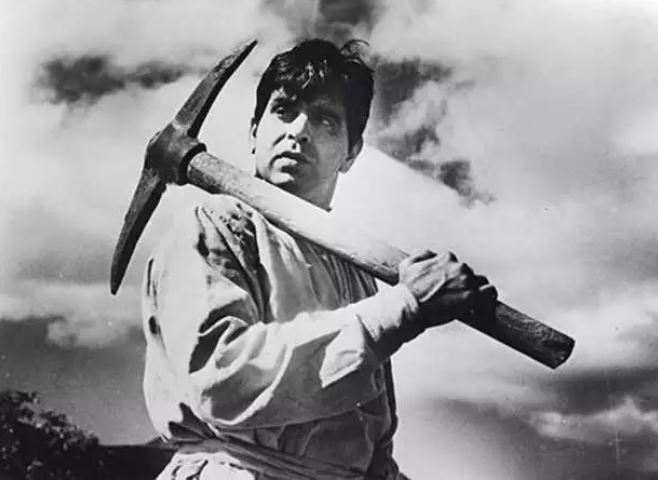
The only actor who came near to the ways and means how the Dadasaheb Phalke awardee make a character alive was Balraj Sahni. And he too was an ardent admirer of Kumar. While his other contemporaries were busy cementing a particular image of their stardom with mannered style or copying West, Kumar kept diving deep into the characters in a way that would make Stanislavski proud.
Though he learned Chess on his father's insistence it was the football where his heart was. Despite coming from a family where cinema was looked down upon, the arclights of studios attracted him maybe because just like a football match, cinema too brings communities together through fanhood.
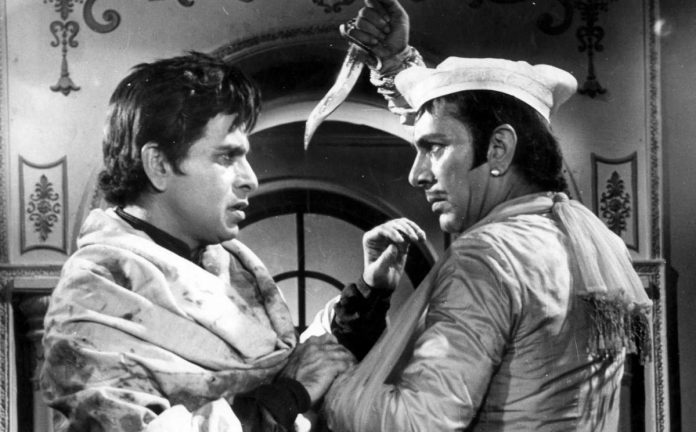
He is a phenomenon that was destined to happen to Hindi cinema. Otherwise, why would his father move to Mumbai from Peshawar? Why Devika Rani's eyes spotted only him in the crowd in Nainital's local market? Dilip was a breath of fresh air that poured life into the cinema which was slowly wilting due to melodrama and loud acting.
